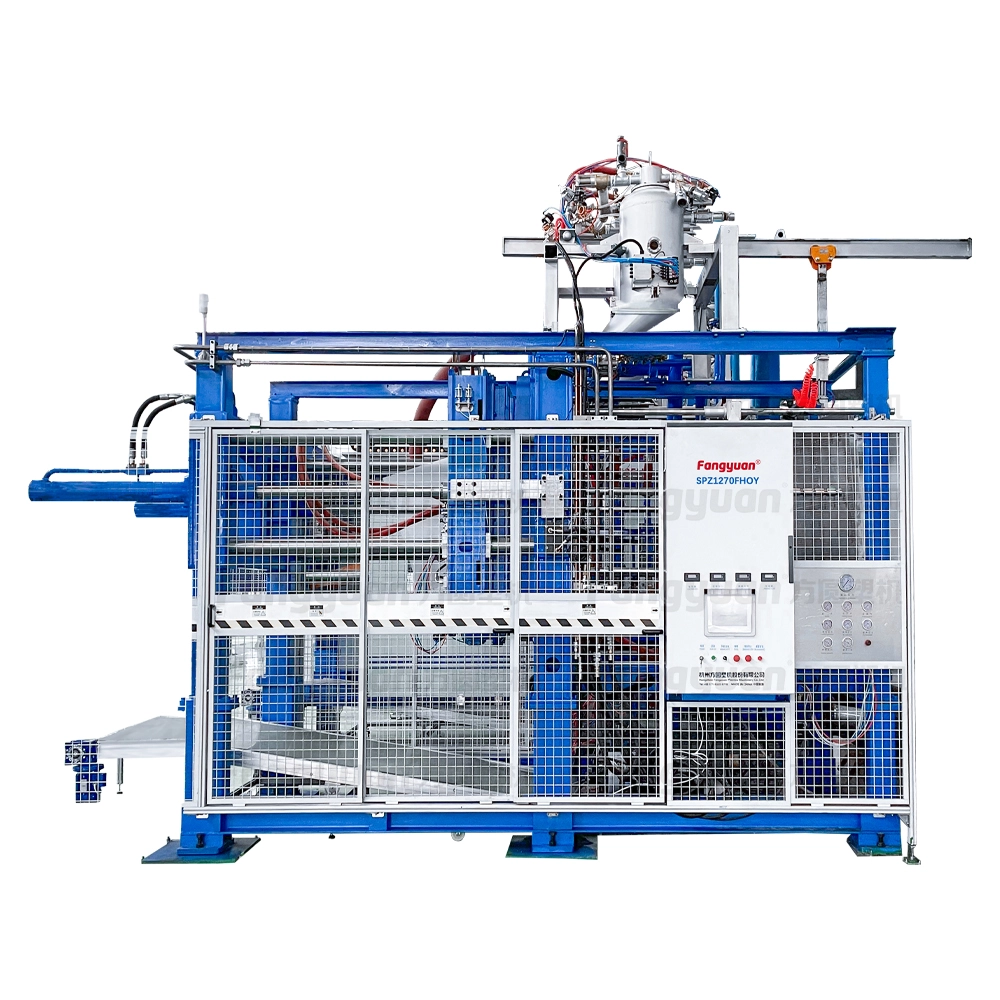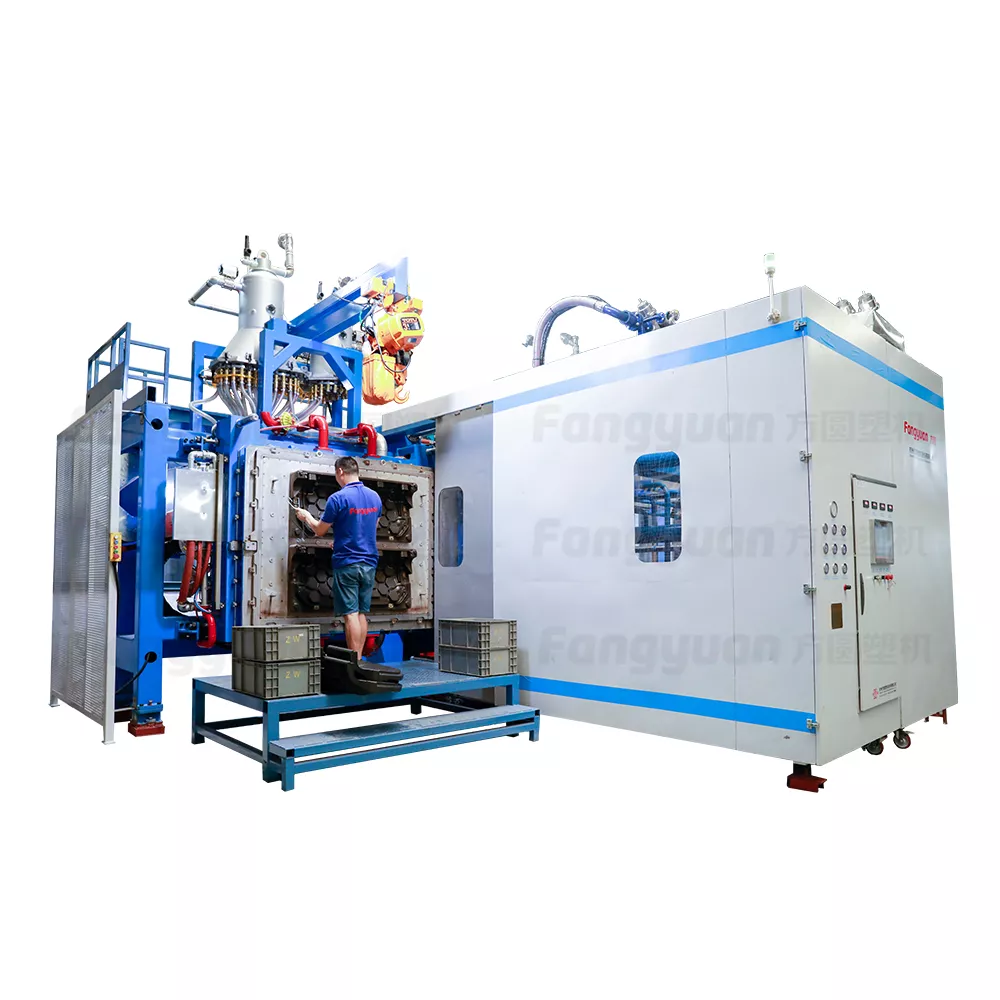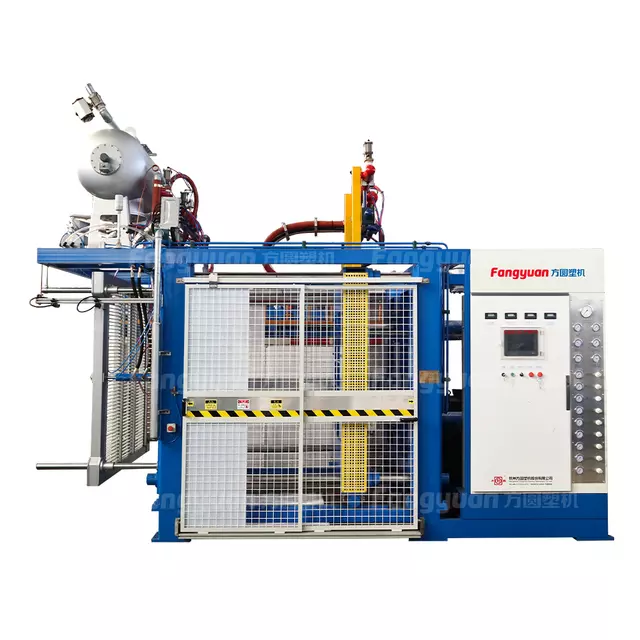ETPU machines have become increasingly popular in recent years due to their durability and versatility. However, one of the key considerations when choosing an ETPU machine is the choice of biodegradable materials. This article explores the different biodegradable options available for ETPU machines.
One such option is PLA (Polylactic Acid), which is a type of biodegradable plastic. PLA is made from renewable sources like corn starch or sugarcane juice, making it a sustainable alternative to traditional plastics. It can be used as a substitute for ETPU in many applications where durability and biodegradability are important.

Another option is PHA (Polyhydroxyalkanoate), another type of biodegradable polymer. PHA is produced through fermentation and is derived from biomass sources like algae or sugar beet pulp. It offers similar properties to ETPU but with added benefits of improved flexibility and heat resistance.

Biodegradable options also include other polymers such as ABS (Acrylonitrile Butadiene Styrene) and PBT (Polycarbonate Terephthalate). These polymers offer better performance than traditional plastics but may not be as environmentally friendly as PLA and PHA.

While there are various biodegradable options available for ETPU machines, it's essential to consider the specific application and environmental impact before selecting a material. The ultimate decision should always be based on sustainability, functionality, and costeffectiveness.
In conclusion, biodegradable options are available for ETPU machines, and choosing the right material depends on various factors such as durability, environmental impact, and cost. By considering these aspects, organizations can make informed decisions that promote sustainability while maximizing efficiency and productivity.
























 QQ
QQ